As a cultural and medical anthropologist, my research is concentrated in three primary areas: first, the ethnography of race, class, and poverty in urban Brazil; second, human health and environment as related to industrial and nuclear toxicity; and third, ethnographic research of our contemporary political condition. My scholarly identity as a medical anthropologist began in Brazil, where I studied the HIV/AIDS epidemic in the early 1990s. It continued with the 2003 publication of my first book with University of California Press’s Public Anthropology Series, Laughter Out of Place: Race, Class, Violence, and Sexuality in a Rio Shantytown. I am currently working at the intersections of medical and environmental anthropology, as well as Science, Technology and Society (STS) issues, focusing on the history and futures of Brazil’s nuclear energy program, scientific communities and uncertain data.
In 2018 I was honored to be awarded the Boulder Faculty Assembly (BFA) Award for Research, Scholarly and Creative Work.
In 2004 my book Laughter out of Place: Race, Class, Violence, and Sexuality in a Rio Shantytown was awarded the Margaret Mead Award from the Society for Applied Anthropology and the American Anthropological Association.
In 1995 I was awarded the Rudolf Virchow Award in Critical Anthropology for Global Health for the paper “AIDS and Women in Brazil: The Emerging Problem.”
Arielle Milkman and Susana Durão published an interview in Portuguese that describes my research trajectory in Revista de Antropologia (December 2019).
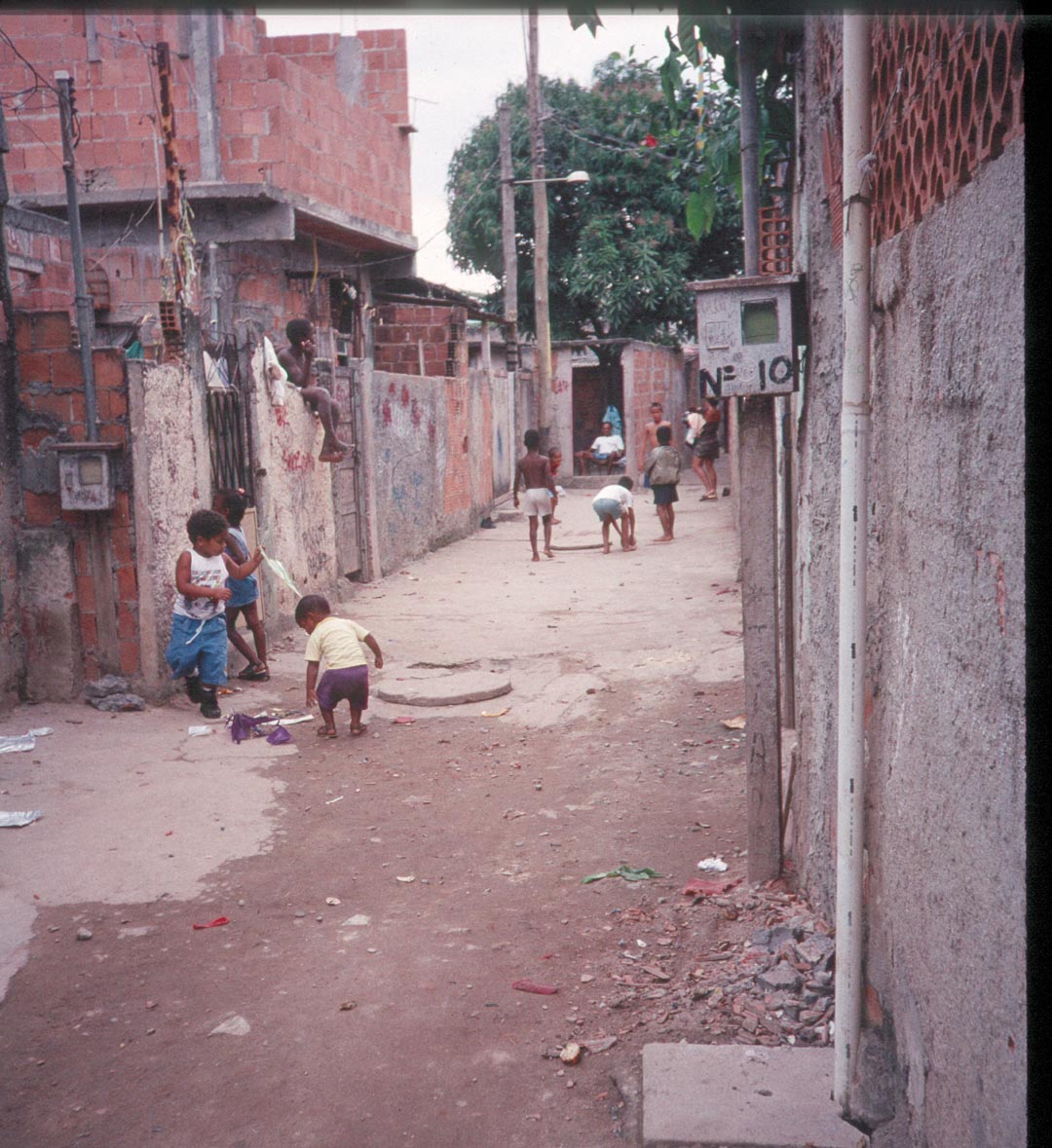
Race, Class and Poverty in Urban Brazil
The culminating publication resulting from my early-career research—my full-length ethnography titled Laughter Out of Place: Race, Class, Violence, and Sexuality in a Rio Shantytown (Goldstein 2003, 2013 University of California Press)—tracks cycles of violence and poverty in the urban shantytowns of Rio de Janeiro. This ethnography focuses on a series of interrelated characters living in an urban slum on the outskirts of Rio de Janeiro in the early 1990s. The book illustrates the long-term consequences of neoliberal economic restructuring on urban poverty in Latin America, addressing the methodological and narrative divide between large-scale economic structures and everyday impoverishment. The book was supported with a yearlong National Endowment for the Humanities (NEH) grant (1998) and then later chosen to be part of the California Series in Public Anthropology from University of California Press, a prestigious collection that bridges the gap between public interest and academic work. In 2004, Laughter Out of Place was awarded the Margaret Mead Award by the Society for Applied Anthropology and the American Anthropological Association. In 2013, University of California Press selected Laughter Out of Place for publication in a Second Edition, for which I was asked to provide an entirely new and updated preface that highlighted my work on nuclear energy issues in Brazil (Goldstein 2013).
This text and other early publications set the stage for my current medical anthropological work on human health as related to pharmaceutical politics and environmental toxicity. Much of this research reviews and critiques the limits of scientific methodology and examines the rise and fall of particular forms of scientific knowledge. For example, my publications have explored how scientific expertise manifests through methods such as control group experimentation, clinical trials, big data analysis, and neuroimaging. I also write about how scientific narratives gain discursive power in the legal system and in the societal interpretation of toxic events. My work has received funding from the National Science Foundation (2007-2012), the Colorado Department of Public Health (2002), and Brazil’s prestigious Getúlio Vargas Foundation (2014-2018), as well as through a number of internal grants from the University of Colorado.
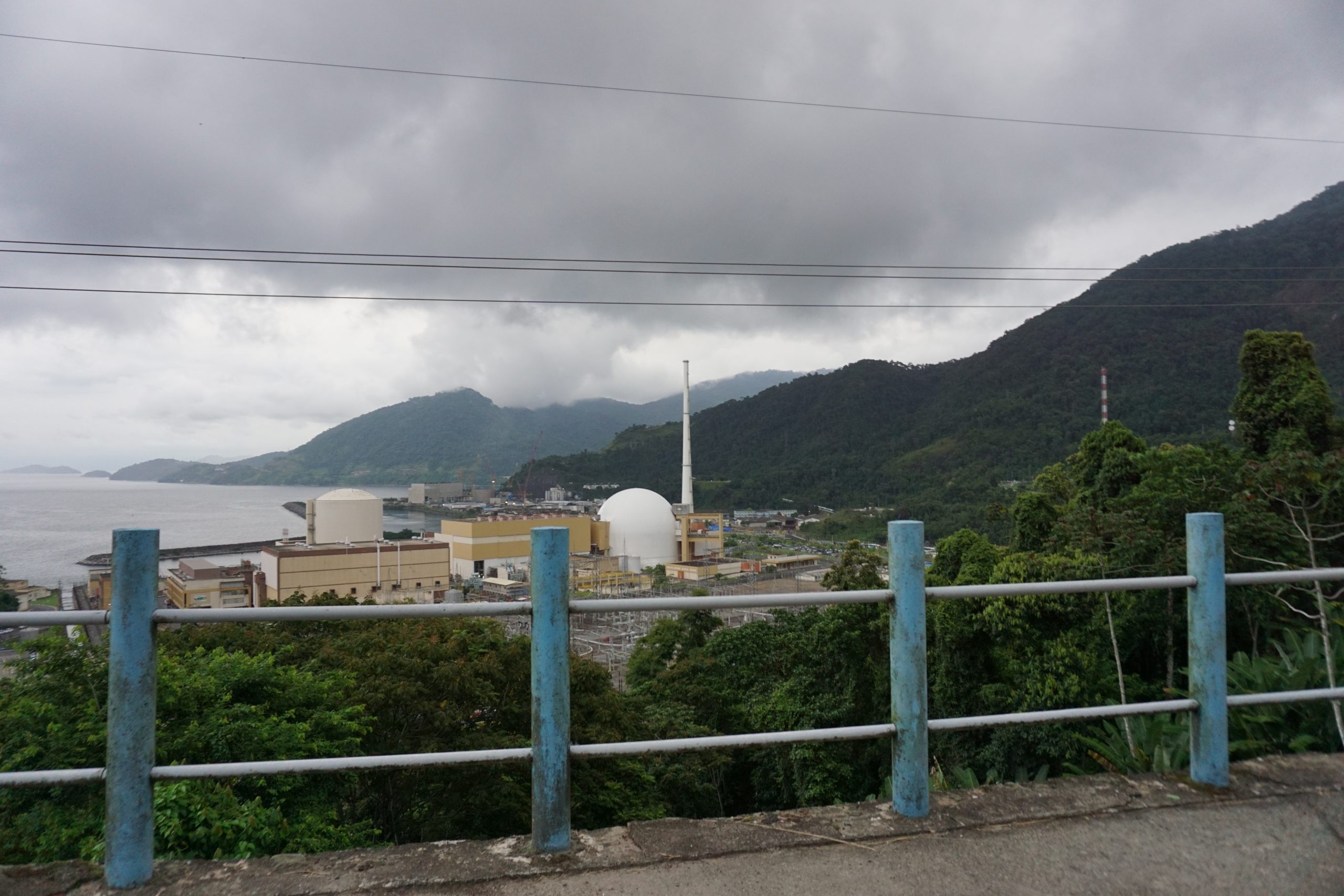
Nuclear Futures
In the last six years, I have put together a collaborative team of trans-disciplinary researchers in the humanities, social sciences, and physical and biological sciences to examine the history of research on human health and genetics, nuclear energy, and ionizing radiation in the context of Brazil’s nuclear energy program. My research examines the health effects of ionizing radiation and other toxic substances formed in the context of nuclear energy production in the region of Angra dos Reis (RJ), Brazil. The project seeks to comprehend how scientists, health officials, and current residents of Angra dos Reis (RJ)—a community of 169,000 residents poised on the edge of Brazil’s nuclear energy future—understand risk, safety and public health in the aftermath of Japan’s Fukushima. During a 2019 research trip to Brazil I worked with a public health team to collect available cancer statistics around two nuclear plants in Angra dos Reis. I have requested 25 years of nuclear workers badge data from the Brazilian nuclear energy agency through a Freedom of Information Act (FOIA) request, and I received a portion of this data in March 2020. My book in progress on nuclear futures in Angra dos Reis is provisionally titled Brazil’s Nuclear Ambitions: From Cold War Science to Contemporary Populations at Risk.
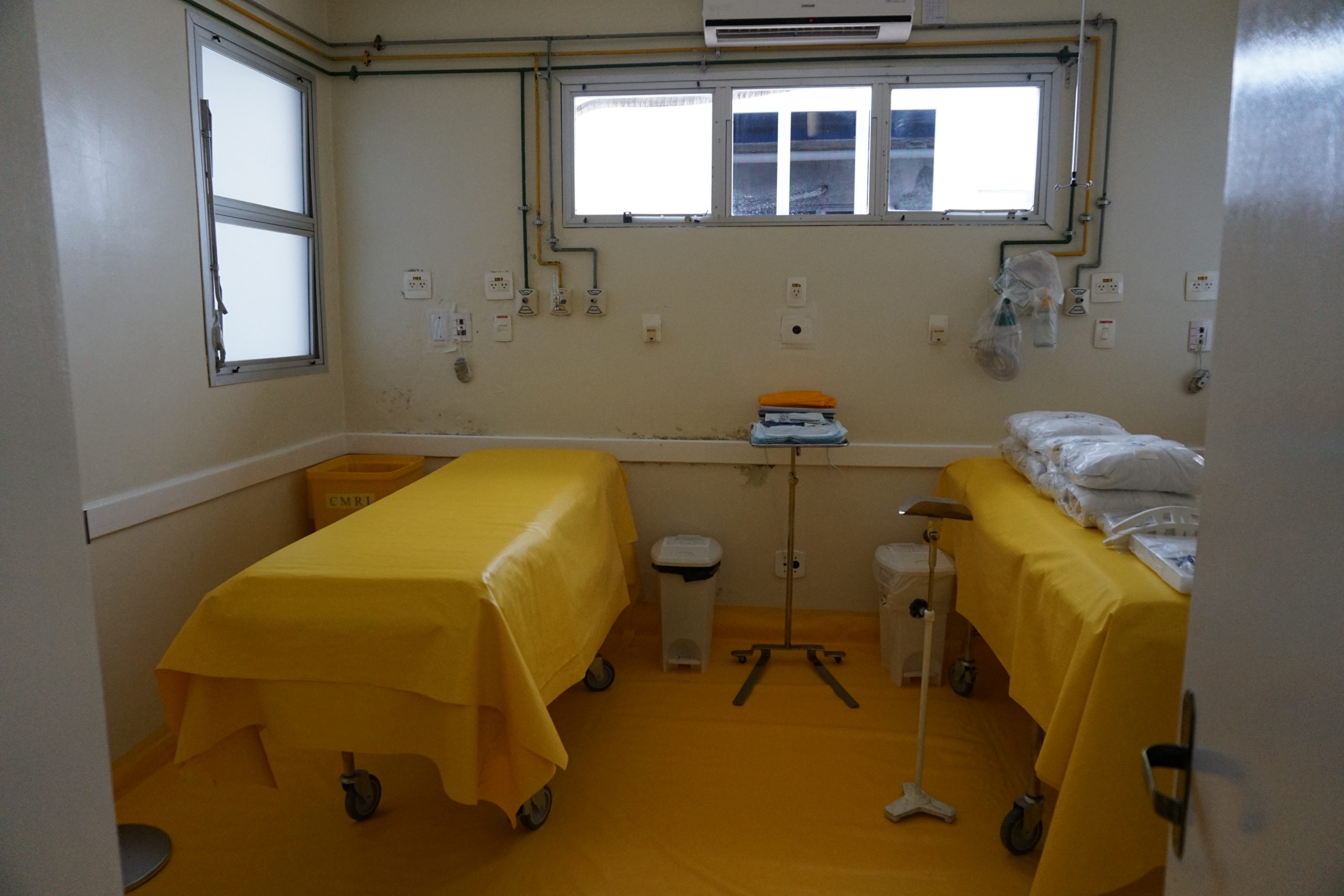
Environmental Risk, Toxicity and Uncertainty
In my current work, I explore the history of science as it relates to nuclear energy development in Brazil and the United States, while also engaging with contemporary public health issues, including spikes in cancer incidence and mortality rates that may be present in industrial areas. This research has led me to consider the age of risk and scientific uncertainty in our contemporary political condition. In recent articles, I have explored the Cold War roots of our contemporary understandings of low dose-ionizing radiation (Goldstein and Stawkowski 2015), “mass psychogenic illness” scientific uncertainty in LeRoy, New York (Goldstein and Hall 2015), and corruption and nuclear energy in Brazil (Goldstein 2018).
Corruption and Contemporary Politics
Another area of my writing is at the intersection of corruption and contemporary politics. This work overlaps with my other interests and also has coincided with the rise of seemingly new political formations taking place during the Trump presidential era. This interest began during the 2016 Republican primaries and led to a series of papers on Trump and the political leaders in his orbit. The very first article in this series was an analysis of Trumps’s celebrity status, entertainment value and campaign gestures (Hall, Goldstein and Ingram 2016), followed soon after a piece on postelection surrealism and nostalgic racism (Goldstein and Hall 2017). I have also written on corruption during the Trump regime including on General Flynn’s indictment and nuclear deals (Goldstein 2017), and on the anthropological significance of James Comey’s fieldnotes (Goldstein 2017). In 2018, I co-edited (with Kristen Drybread) the special journal issue titled, “The social life of corruption in Latin America” in the journal Culture, Theory and Critique (Vol. 59, No. 4, pp. 299-311) We co-authored a theory-driven Introduction to the articles and contributed single-authored articles to the same issue. We then co-organized a panel at AAA 2019 (Vancouver) titled, “Corruption’s ‘New’ Subjectivities” and another panel at SLA (Society for Linguistic Anthropology, Boulder, Colorado, cancelled due to COVID-19) titled, “Corruption in the Trump Era: Mimetic effects of transgressive leadership.”
Collaborative and Public Research
I frequently research and write with colleagues. I have published articles in American Ethnologist and Hau with linguistic anthropologist Kira Hall, and I have collaborated with Magda Stawkowski on the history of the biological anthropologist and human geneticist Dr. James V. Neel, which culminated in a publication in the Journal of the History of Biology. I have also collaborated with colleague Kristen Drybread in editing two volumes on the theme of corruption in contemporary political life. The first is a 2018 special journal issue titled, “The Social Life of Corruption in Latin America” in Culture, Theory and Critique (Vol. 59, No. 4, pp. 299-311). The second is titled “Corruption in the Trump Era: The tragedy of charisma,” an edited book that is currently under review. My nuclear energy project in Brazil involves multiple collaborations. These include work with the municipality of Angra dos Reis, the group collecting cancer statistics in Rio de Janeiro state, the Getúlio Vargas Foundation, and public health specialist Claire McFadyen. Finally, I am a collaborator on two additional health-related projects, one with Kira Hall (CU Boulder) and her team titled, “Accent Imitation as Social Resource on the Autism Spectrum” and with Elizabeth Alvarez (McMaster University) and her team titled, “Physical distancing policies and their effects on epidemiology of COVID-19: A multi-national comparative study.”
Research Photos
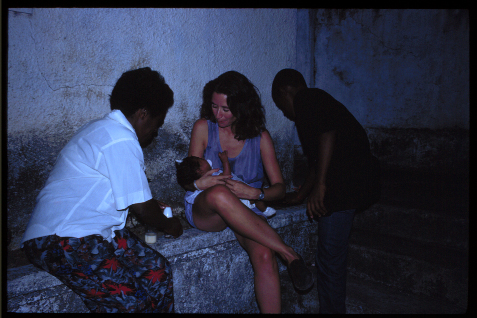
Fieldwork in urban Brazil (1991) 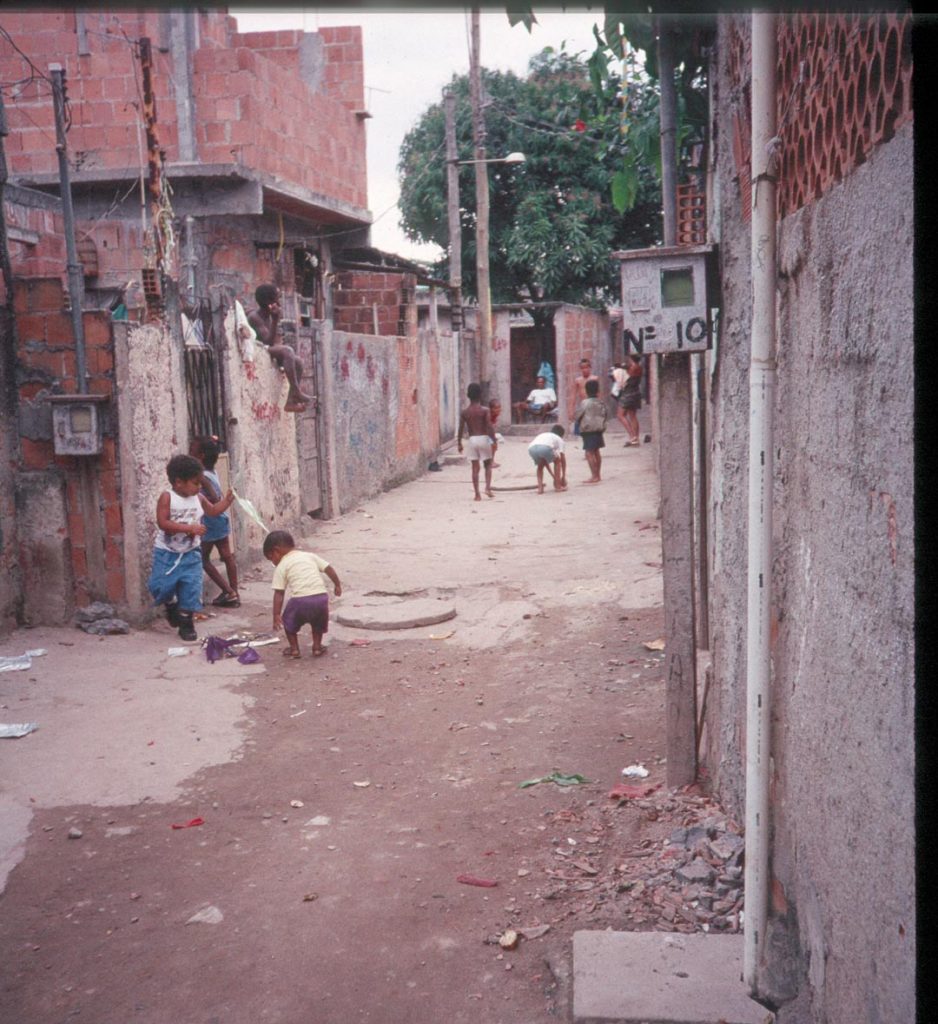
Favela neighborhood life (1991) 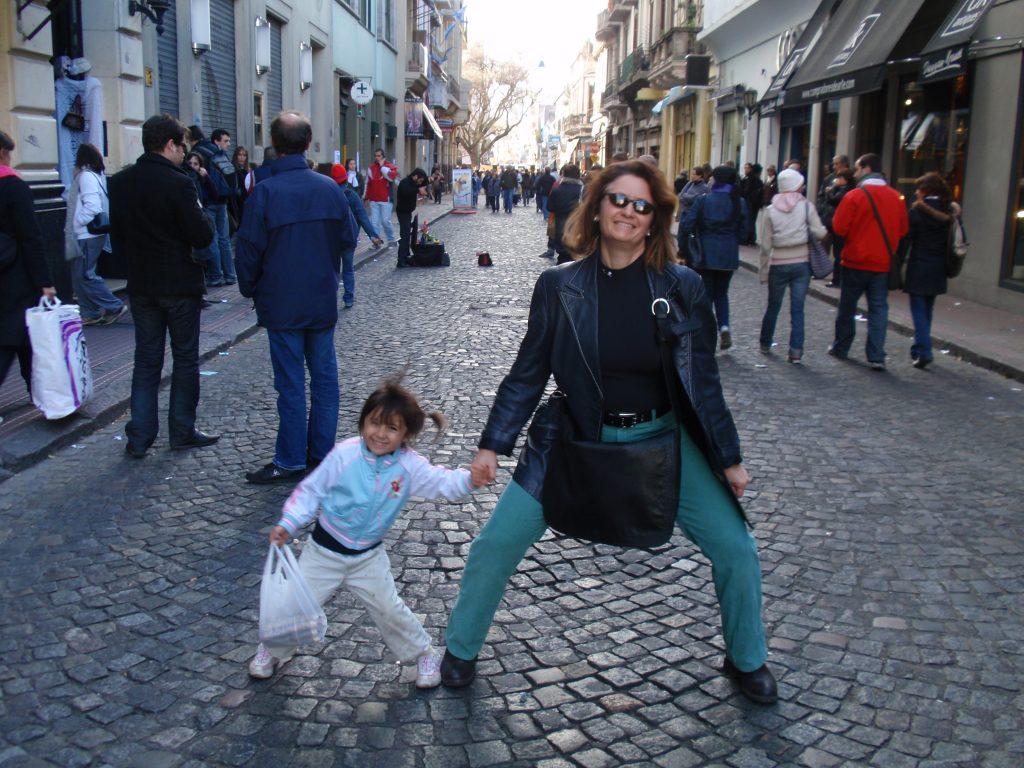
Research on Pharmaceutical Politics in Buenos Aires, Argentina (2007) 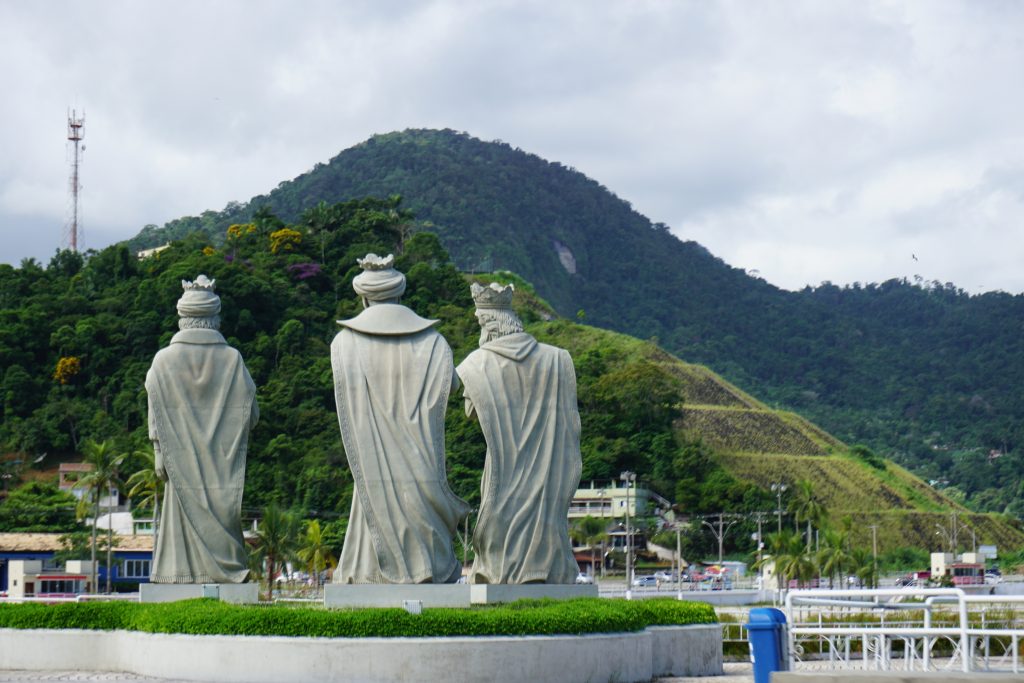
City of Angra dos Reis (2019) 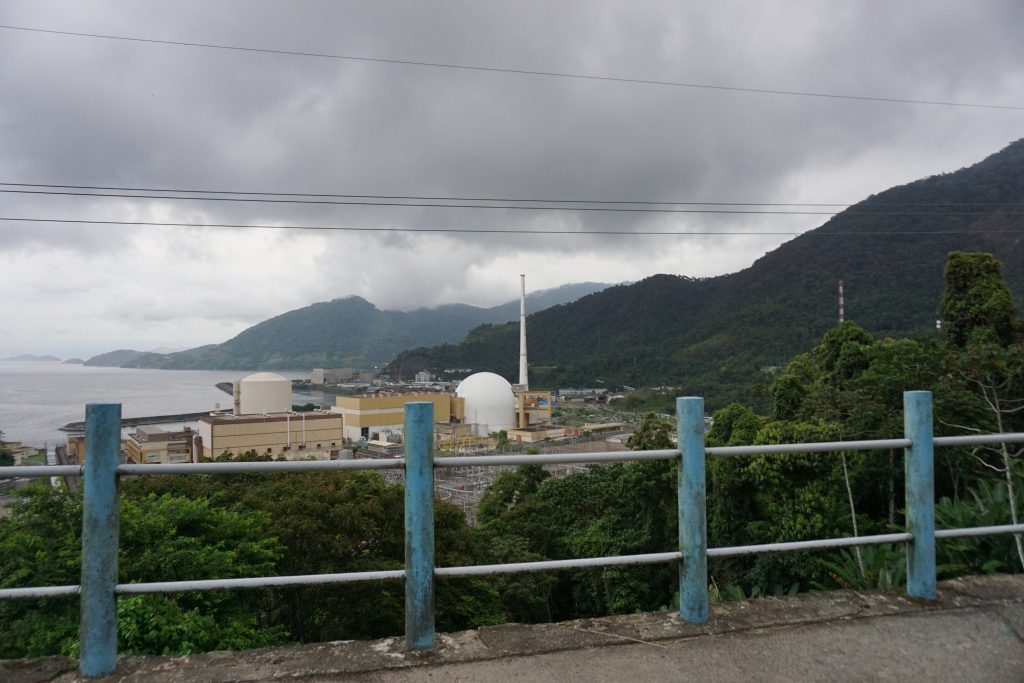
Nuclear plant in Angra dos Reis (2019) 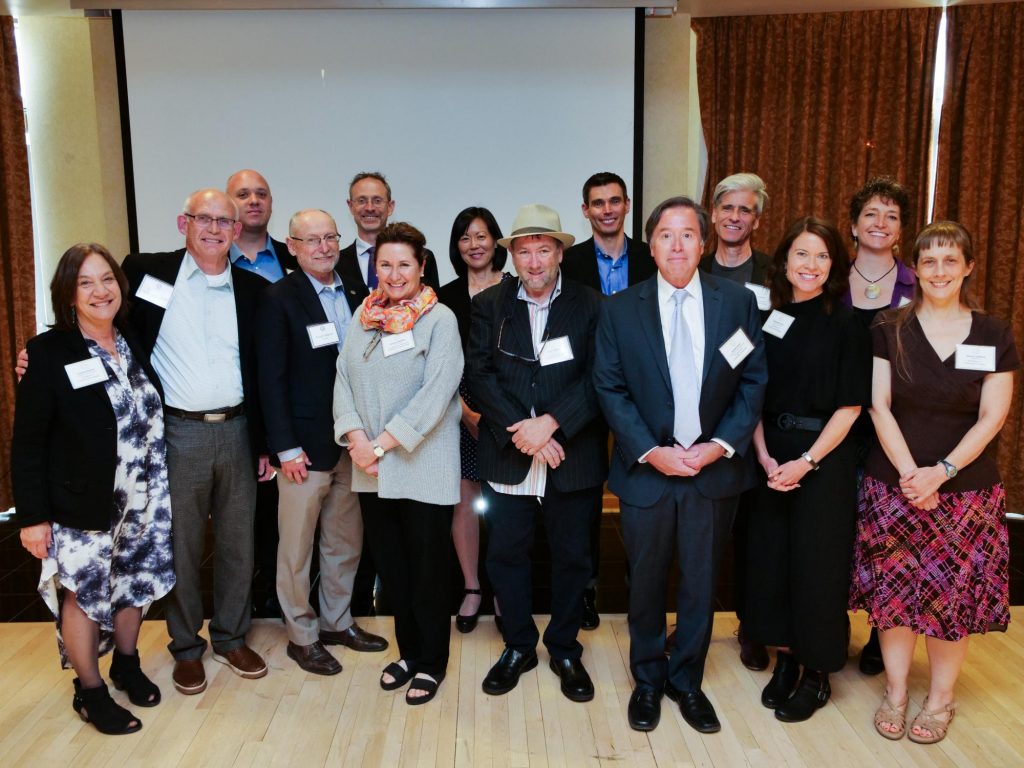
Boulder Faculty Assembly Award (2018)